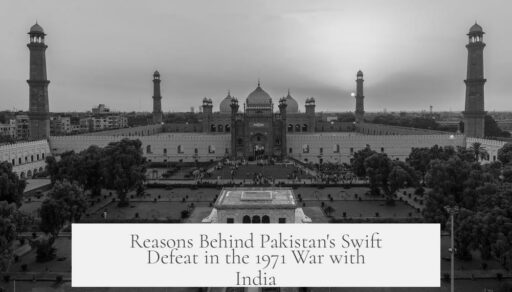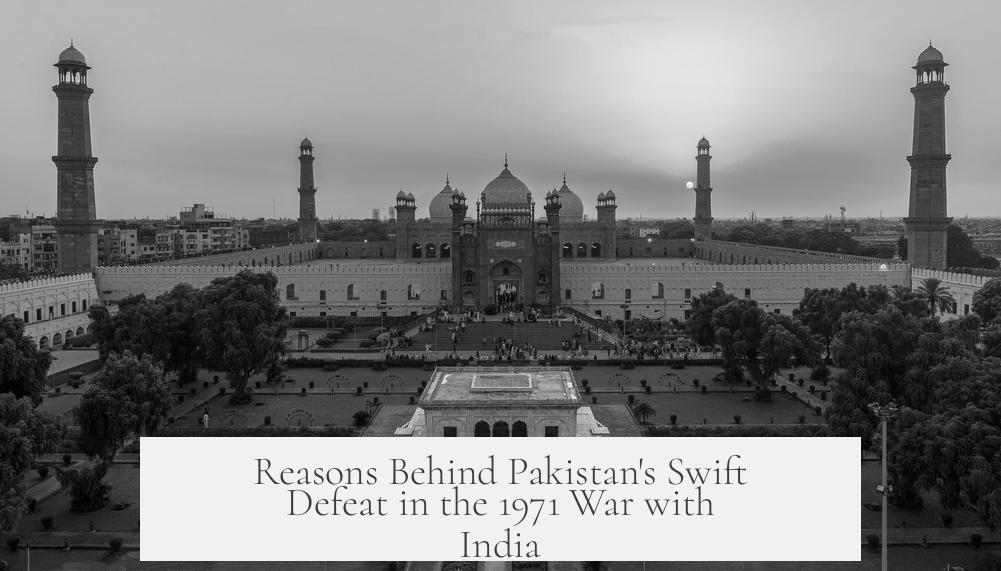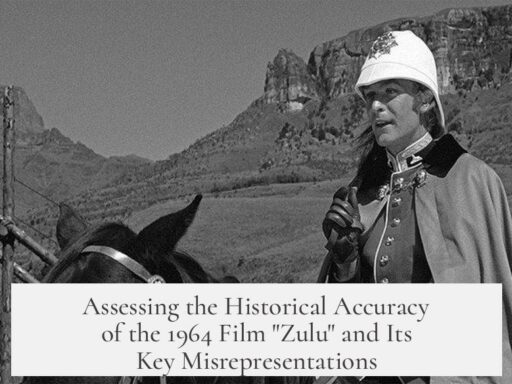Pakistan was defeated quickly in its 1971 war with India primarily because its forces in East Pakistan were geographically isolated, faced intense local hostility, and lacked adequate support and supplies, leading to a swift collapse against the better-supported Indian military intervention.
East Pakistan (now Bangladesh) was separated from West Pakistan (modern-day Pakistan) by roughly 1,600 kilometers of Indian territory. This vast geographic gap made it nearly impossible for the Pakistani military in the East to receive timely reinforcements or supplies once hostilities commenced. The lack of contiguous land routes meant the Pakistani army was effectively cut off, severely hampering its operational capacity during the conflict.
Politically and demographically, East Pakistan was distinct from West Pakistan. The majority population in East Pakistan was Bengali, whereas West Pakistan was dominated by different ethnic groups. The political tension escalated when the Bengali-led Awami League, under Sheikh Mujibur Rahman, won a decisive victory in the 1970 general elections, entitling it to govern Pakistan. West Pakistani leaders and military elites, mostly from the West, resisted this transfer of power and sought to suppress Bengali demands.
This political refusal culminated in widespread unrest and military repression labeled by many as a genocide against Bengalis. This brutality eroded any support the Pakistani military could hope to find locally. When war broke out, the army faced not only logistical isolation but also outright hostility from the population of East Pakistan. This lack of popular support drastically weakened the Pakistani military’s defense and morale in the region.
The international context further disadvantaged Pakistan. Although the United States showed some diplomatic support, including deploying a naval carrier group in the Bay of Bengal, it stopped short of delivering active military assistance capable of significantly impacting the conflict. India, on the other hand, mobilized a substantial military force and received broad regional support, including from the Soviet Union. Pakistan’s inability to rally meaningful international military help left it vulnerable.
India launched a coordinated military campaign that quickly overwhelmed Pakistani positions. Given the restricted supply lines, hostile local population, and Indian strategic advantage, Pakistani forces found themselves in an untenable position. The Pakistani army’s surrender in December 1971 was prompted by these several converging factors—especially the severe logistical challenges and the untenable political situation.
- East Pakistan’s geographical isolation prevented resupply and reinforcements.
- Political and ethnic divisions fostered deep hostility and refusal of local support for Pakistani forces.
- Brutal military repression alienated Bengali civilians, undermining any possible collaboration.
- Pakistan lacked effective international military support during the conflict.
- India’s military intervention was decisive and well-supported.
- The Pakistani army surrendered due to supply shortages and a hostile environment.
These factors combined to ensure Pakistan’s rapid defeat, resulting in the creation of Bangladesh as an independent state following the war.
Why was Pakistan defeated so quickly in its 1971 war with India?
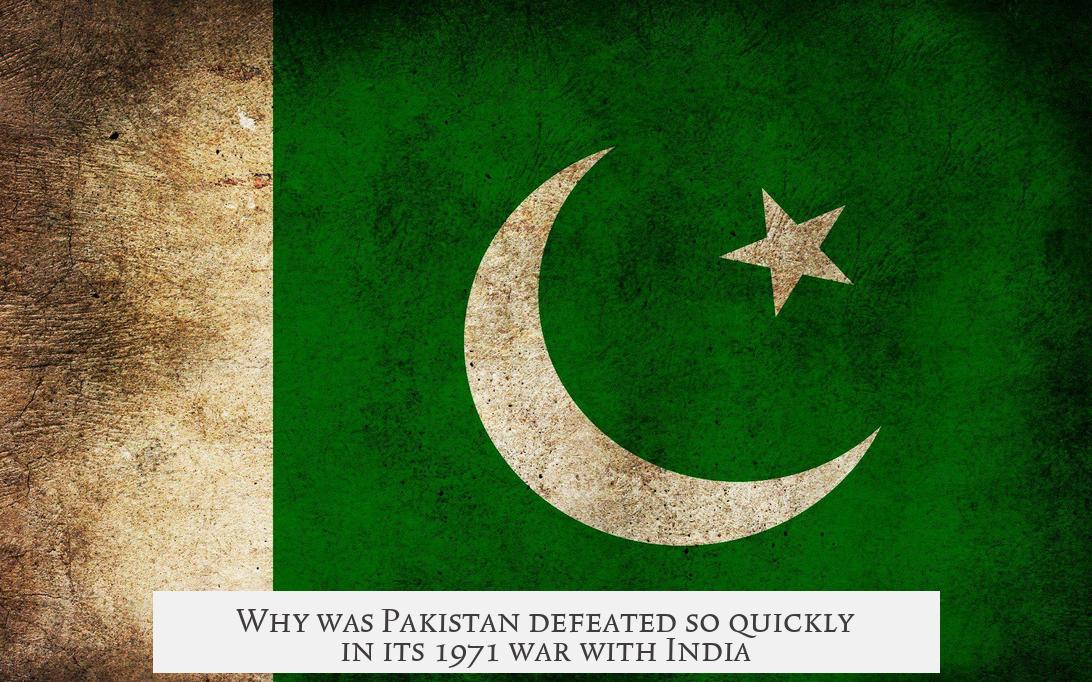
The rapid defeat of Pakistan in the 1971 war with India hinges primarily on a mix of geographic isolation, deep demographic and political rifts, and a lack of local and international support for Pakistani forces in East Pakistan. Let’s unpack these strands to better understand why Pakistan’s defenses crumbled so swiftly.
Imagine trying to hold onto a fortress that’s completely cut off from your home base by enemy territory nearly 1,600 kilometers wide. Sounds tricky, right? This is exactly what happened with East Pakistan (now Bangladesh) in 1971.
Geographic Separation: A Bolt in the Wheel
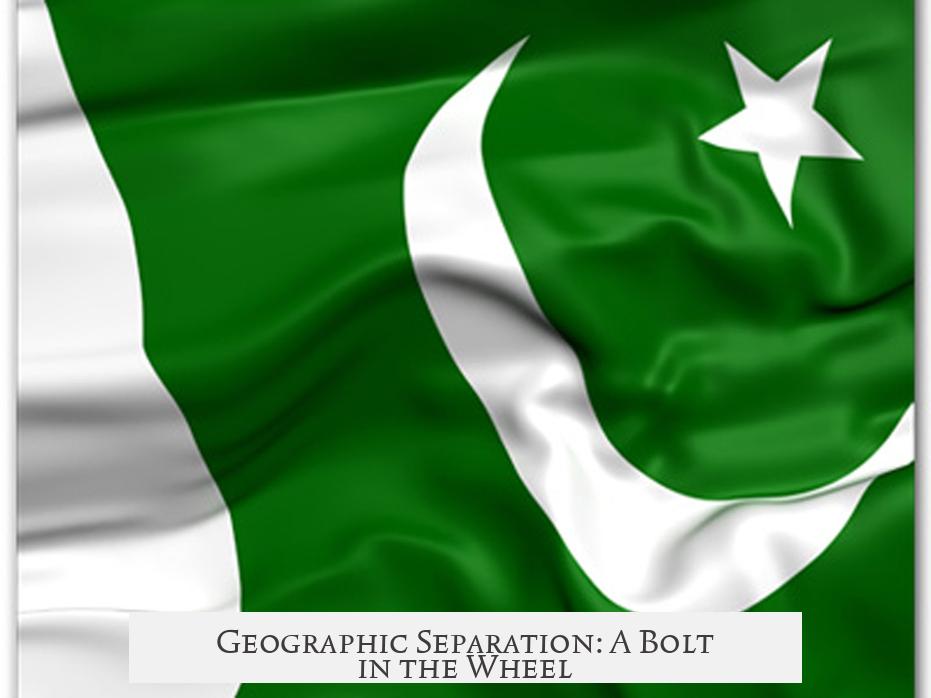
East Pakistan was not just far from West Pakistan—it was physically separated by India’s landmass. That meant no direct road, rail, or even short air corridors to send in reinforcements or supplies during the conflict. The Pakistani army stationed in East Pakistan was stuck like a ship drifting without anchors or resupply.
This geographic isolation was a logistical nightmare. When war hits, the ability to keep your troops fed, armed, and reinforced is critical. For Pakistan, the gap was an impossible barrier. Once hostilities started, India effectively choked off East Pakistan’s resupply lines, making the Pakistani military’s position there precarious from day one.
Demographic and Political Divisions: East vs West, Not Just Geography
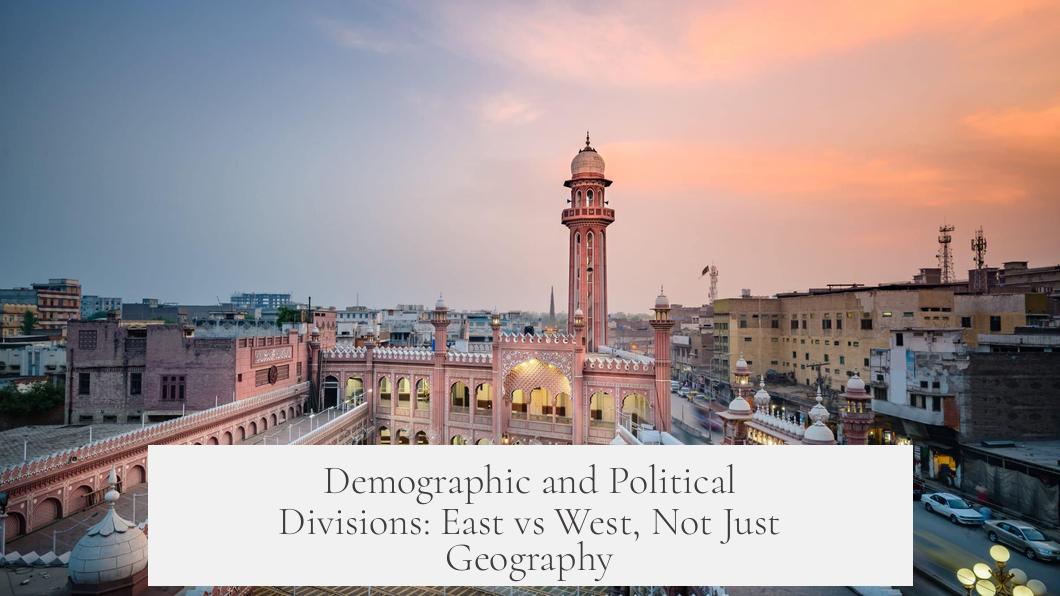
Then add another complicated layer: internal divisions. East Pakistan was predominately Bengali, while West Pakistan’s population was ethnically and culturally distinct. Although West Pakistan held the reins of military and political power, the political winds had shifted by 1970.
The Awami League, with Mujibur Rehman at the helm, won a decisive majority in East Pakistan during the 1970 elections, poised to govern the entire country. But the West Pakistani leadership wasn’t having any of it. They refused to cede power, igniting political tensions that escalated quickly.
Try imagining the army you depend on for security turning into an oppressive force. In 1971, West Pakistan’s military leadership launched brutal crackdowns against the Bengali population. Many historians call this a genocide. The result? The Bengali people grew deeply hostile to the Pakistani army’s presence.
Lack of Popular Support: Same Side, Wrong Team
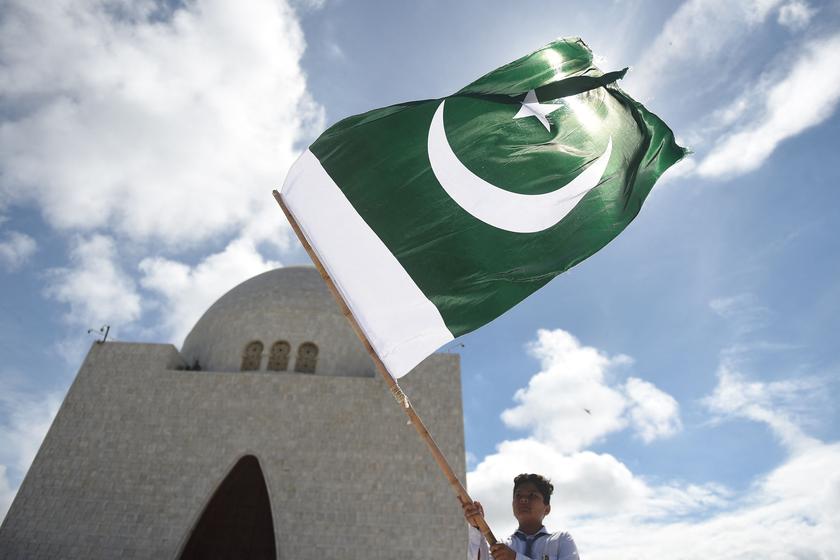
You can’t win a war without some local backing. Pakistan in East Pakistan had none. In fact, the population was overwhelmingly against them. The army’s attempt to hold territory meant holding a population that wanted them gone, often violently so.
Without local support, morale plummeted. Intelligence and local assistance that usually help sustain defense efforts simply didn’t exist. East Pakistan’s hostile environment was a disaster waiting to happen for Pakistan’s military.
International and Military Factors: Uncle Sam’s Halfhearted Nod
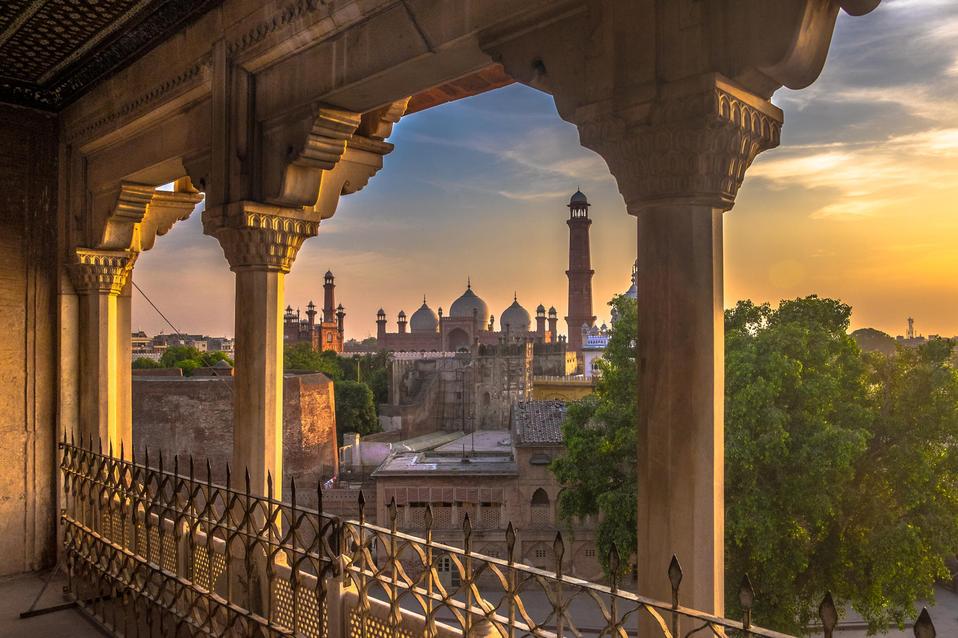
When looking for backup, Pakistan’s international allies fell short. The United States, Pakistan’s key partner at the time, did deploy a carrier group near the Bay of Bengal. But the U.S. stopped well short of fully engaging Indian forces or providing effective military relief to Pakistan’s Eastern front.
This half-baked support was insufficient. India, meanwhile, enjoyed better regional ties and military logistics. Without meaningful international backing, Pakistan’s military found itself isolated politically and strategically. It was a solitary battle from all angles.
Putting It All Together: Why the Surrender Happened So Fast
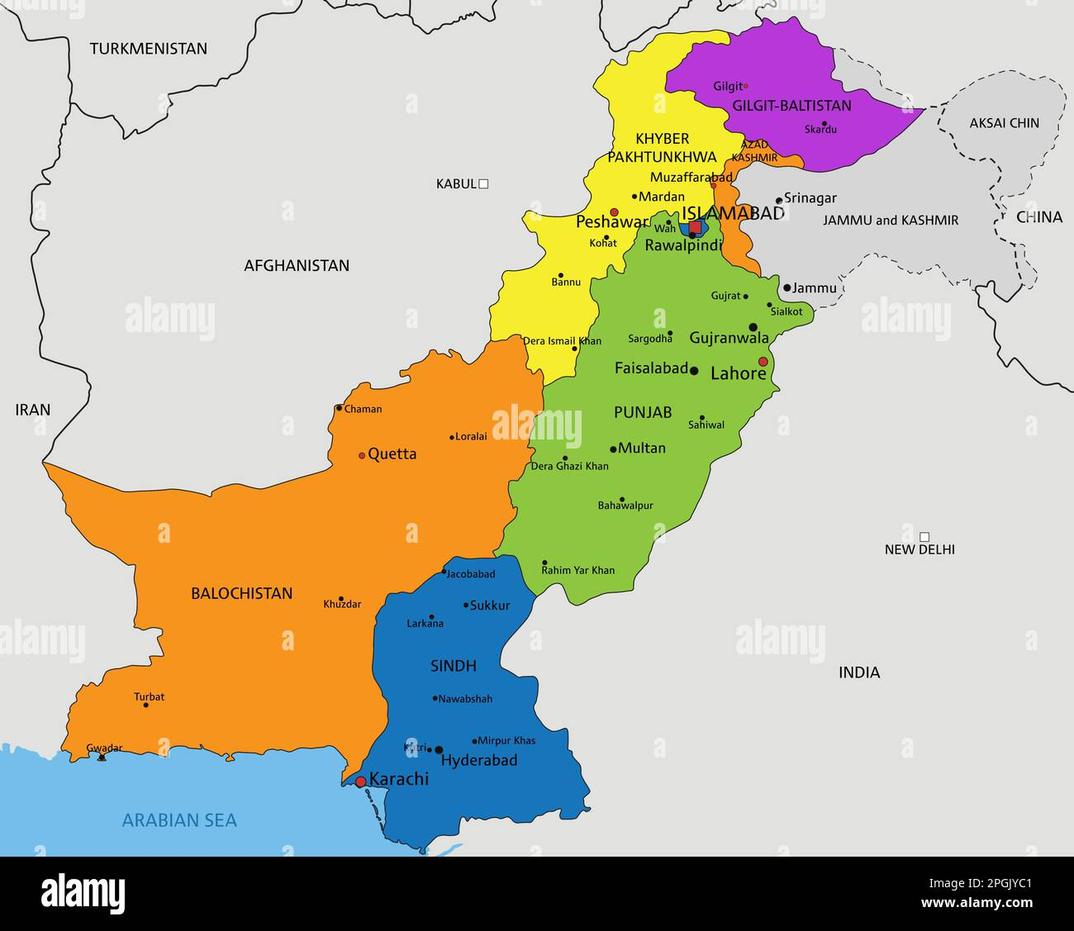
The crux boils down to this: A geographically isolated army, fighting a local population united against them, deprived of international help and interruption of supply chains, was doomed to fail quickly.
There’s a valuable lesson here about the complex interplay of geography, demographics, politics, and international relations in warfare. Pakistan’s army wasn’t just battling India—they were fighting the void created by a lack of supply lines and the fury of an alienated population.
When the Pakistani forces in East Pakistan finally surrendered—on December 16, 1971—it wasn’t just a military defeat. It was the consequence of a systemic collapse of control and support. The product of a deeply divided state, one fighting a war on multiple fronts simultaneously.
Final Thoughts: Could It Have Been Different?
Could Pakistan have avoided such a swift defeat? Perhaps, if geographic realities were different or if they had fostered genuine political unity and popular support in the East. Or maybe if international allies had provided robust support. However, given the facts on the ground, the odds were stacked heavily against them.
For those interested in digging deeper, books like 1971: A Global History of the Creation of Bangladesh by Srinath Raghavan and The People Next Door by T.C.A. Raghavan offer well-researched, detailed narratives.
In the end, the 1971 war reminds us that military might alone doesn’t ensure victory. Geography, people, politics, and alliances all play decisive roles. Pakistan’s rapid defeat was not a surprise; it was rather the expected outcome of ignoring these critical factors.
What do you think weighs heaviest in modern conflicts—geography, politics, or popular support? Share your thoughts below!
